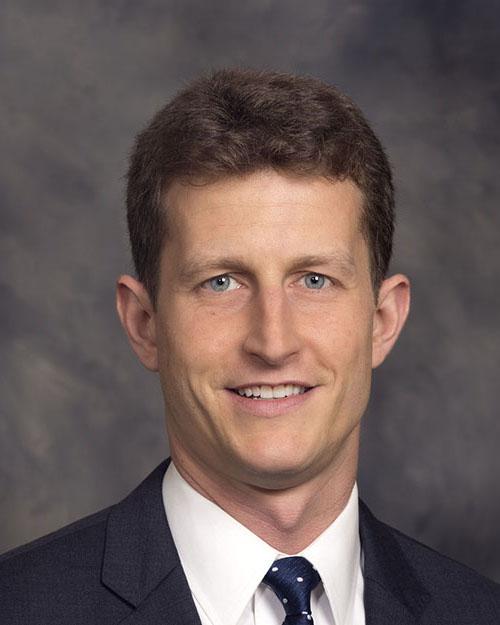How to Practice Mindfulness to Reduce Stress and Improve Heart Health
March 11, 2022
This article was reviewed by our Baystate Health team to ensure medical accuracy.
 Adam M. Stern, MD
View Profile
Adam M. Stern, MD
View Profile

Health & Wellness Tips
Back to Top


